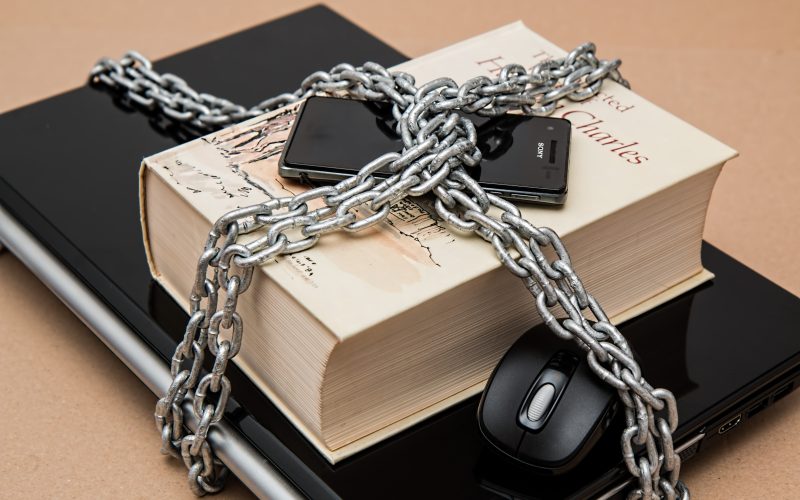Over 80% of data breaches are due to poor password security. Many people fail to realize how powerful strong passwords are when thwarting cyber attacks.
The Curse Of The Common
“123456” is the most common password in the world and is used by over 23 million people.
Hackers are people too, and they know which ones people are more likely to use.
Common choices like “qwerty,” “password123,” and “qwerty123” are not effective in securing your accounts and information. When you use guessable ones like these, hackers can easily hack into your accounts.
Note that hackers are not simply sitting at the login screen and trying every common option by hand. A brute force attack is when an attacker systematically checks all possible options until the account is unlocked.
The help of technology and other applications are often used in brute attacks to harness the power of computers.
Change your login credentials immediately if you know you use a common, easily memorized one over a secure, unique one.
Compromised Passwords = Hackers’ Payday
Compromised credentials are the most common cause of malicious attacks, accounting for 61% of data breaches.
Once hackers have caused a data breach, they can access millions of people’s information. They take this information and either log in to other people’s accounts or sell stolen passwords on the dark web.
Avoid reusing passwords or incorporating personal information. 67% of all Americans reuse theirs for different online accounts. Meanwhile, 59% of Americans use a person’s name or a family member’s birthday.
Imagine having all your accounts unsecured just because one data breach occurred. Suddenly, your credit card accounts, social media accounts, and emails are accessible to a stranger.
Remember that data breaches happen all the time through no fault of your own. Even the most established companies like T-Mobile and Adobe have lost millions of customers’ data to hackers.
Multi-Factor Authentication Is Your Best Friend
According to Microsoft, multi-factor authentication (MFA) blocks 99% of all login safety issues. MFA is when you must perform two or more steps to log in.
Possible MFA methods include:
- A text or email code.
- Biometric solutions like FaceID or fingerprint.
MFA is convenient to use and easy to set up. The Agency blog has MFA guides for virtually every account you could have and want to secure.
Password Managers Can Be Trusted
65% of Americans don’t trust password managers due to skepticism of their security.
Hackers have gained access to these applications in the past. However, most cyber-security specialists agree that password managers are the most secure way to protect your passwords.
You are empowered to create strong, unique passwords like “a2jH38Hwyrfhsm.” You could also use Google’s generate password and Google’s password manager for free.
However, secure password managers are not the only necessary cybersecurity tool.
A VPN, antivirus software, or password manager alone will not be effective in preventing cyber attacks. However, these tools and others ensure your information is secure.
Successful cybersecurity utilizes a variety of tools and practices to cover as many vulnerabilities as possible. Even when cyber attacks do occur, your cybersecurity should fix and remediate the damage.
Agency, a cybersecurity company, offers comprehensive, business-level security that uses several industry-standard tools to protect you alongside a password manager.
The personal plan includes:
- 24/7 Active Security Monitoring & Response by U.S. Professionals
- VPNs
- Next-Gen Antivirus/EDR
- ID Theft Coverage
- Active Dark Web Monitoring
- Personal Information Removal
Take steps to protect your privacy and financial security through Agency! You could receive a free one-month trial by signing up for the newsletter.







